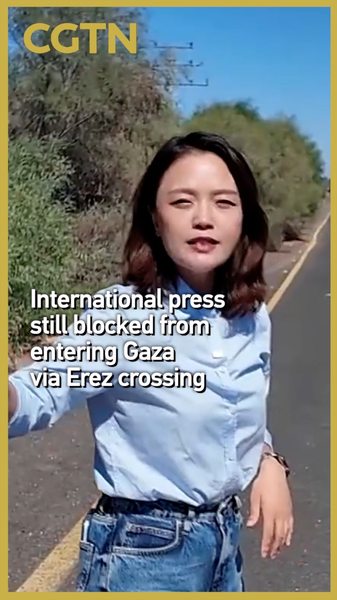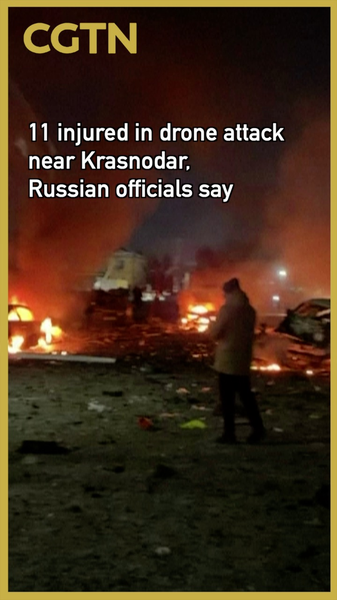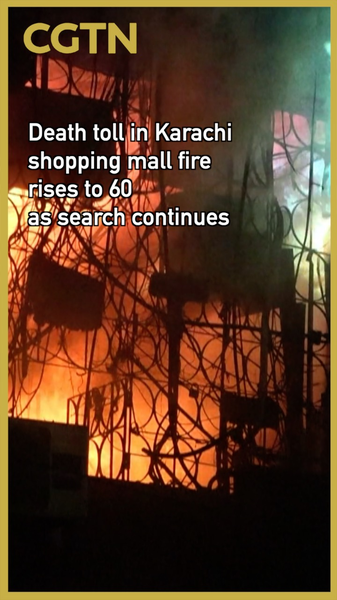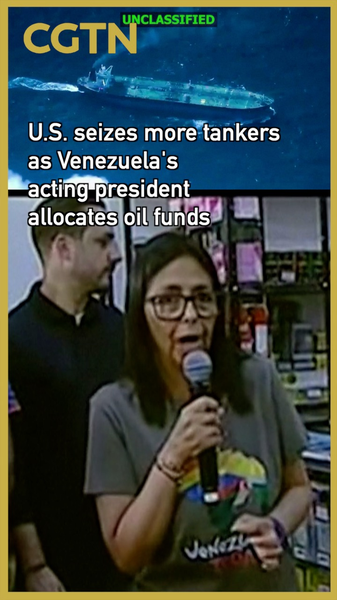Two years ago, CGTN reporter Chen Huihui stood at the Erez crossing on the Gaza border, capturing the tense moment when roads into the enclave were almost completely sealed off. Back then, the air was thick with uncertainty as a new round of large-scale conflict between Israel and Palestine erupted, leaving reporters and locals alike scrambling for a glimpse of what was happening inside Gaza.
Fast forward to today: a ceasefire's first phase is in place, hopes are flickering 🔥, and people on both sides dream of a return to normal. Yet, for the international press, the road remains blocked. At Erez, concrete barriers and security checks still stand firm, cutting off journalists from the stories they're eager to tell 🛑.
"It feels like deja vu," says Chen, reflecting on her return trip. "Despite the calm on paper, the crossing is as sealed as before."
For news enthusiasts craving on-the-ground updates, this continued blockade raises big questions about transparency and freedom of information. When reporters can't enter, important voices remain unheard and critical perspectives stay hidden 🌐.
What's next? As professionals and investors track the region's stability, they'll need to keep an eye on whether the press barrier eventually lifts. Students and academics studying conflict resolution, as well as the global audience, will be watching closely—because without firsthand reports, understanding the human side of peace talks gets a whole lot harder.
In a world where digital connectivity bridges distances, the sealed border at Erez is a stark reminder: some walls still can't be bypassed with a click. Stay tuned as we follow whether this chapter in Gaza's story finally cracks open for the international community 🚧.
Reference(s):
International press still blocked from entering Gaza via Erez crossing
cgtn.com




